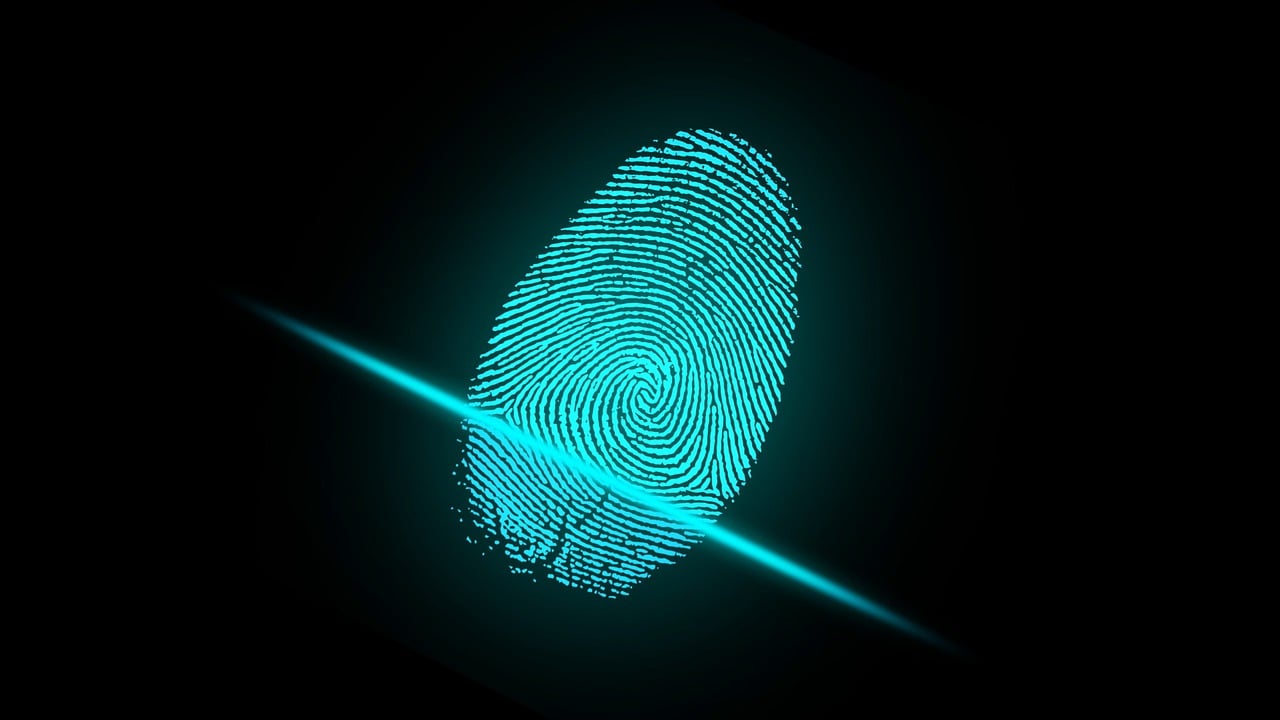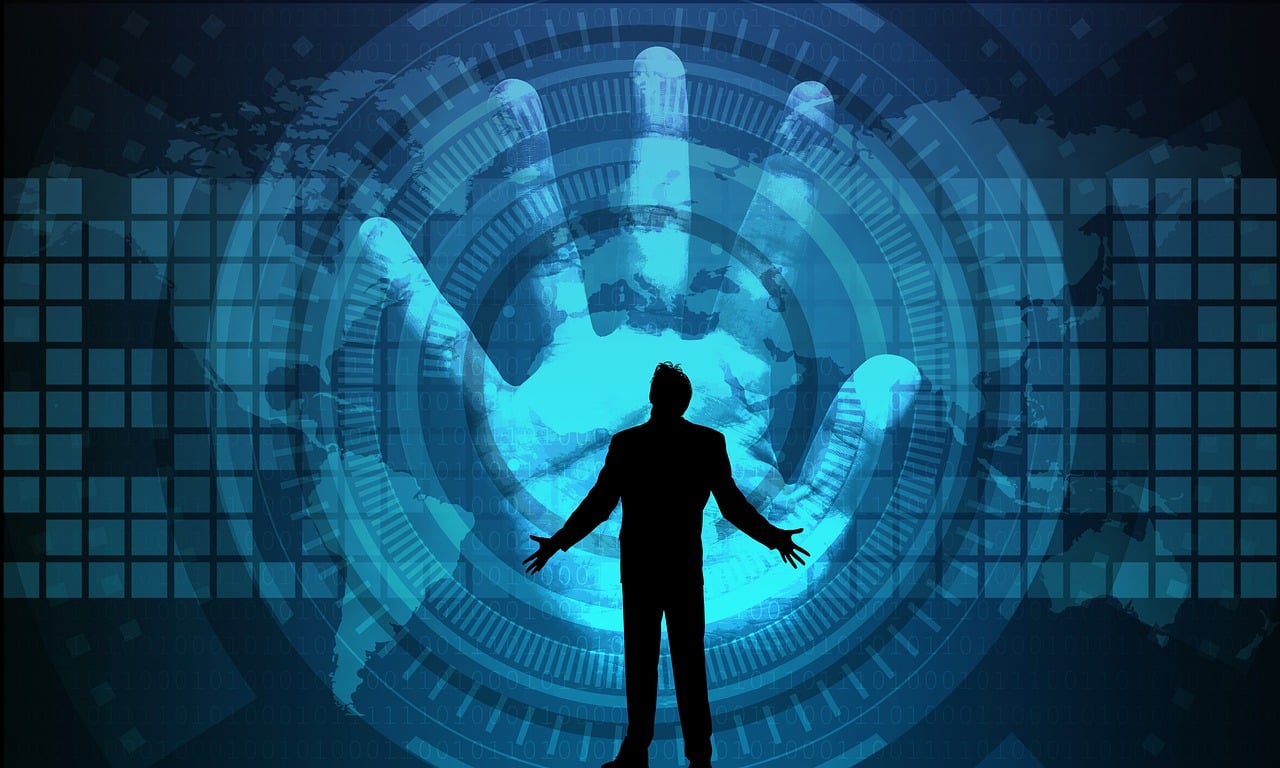“What Is The Importance of Cyber Security in The Digital World?” – This question holds significant relevance in today’s interconnected digital landscape.
Nowadays, understanding the importance of cyber security becomes crucial to safeguarding our sensitive information and navigating the online realm securely.
What Is Cyber Security?
Cyber security is the practice of protecting computers, networks, and data from unauthorized access or harm.
It involves using measures and technologies to prevent cyber threats and ensure the safety and privacy of digital information. As we live in the age of AI, this is even more important to know
Importance of Cyber Security in The Digital World
In this world, cyber security is crucial for protecting sensitive information and preventing cyber-attacks. Besides it is essential for maintaining privacy and trust. We’ve to know about it for protecting critical infrastructure, preserving economic stability, ensuring national security, and complying with regulations.
In the digital world, cyber security is essential because it:
- Protects sensitive information
- Prevents cyber attacks
- Maintains privacy and trust
- Safeguards critical infrastructure
- Preserves economic stability
- Ensures national security
- Ensures compliance with regulations
The Increasing Dependence on Digital Data
There is a growing reliance on digital data in today’s digital world. This can be seen in various aspects of our life, including:
1. Communication:
Nowadays, people heavily depend on platforms like email, instant messaging, and social media for personal and professional communication.
2. Business operations:
Businesses increasingly depend on digital data for essential operations, such as managing customer information, inventory, and financial transactions.
3. E-commerce:
Online shopping is on the rise, as more people use digital platforms to buy things, store payment details, and keep track of their orders.
4. Information storage and sharing:
Digital data storage and sharing have become widespread, as people and organizations store and access important files, documents, and media online.
5. Education:
The use of digital technology in education has made digital data essential for online learning, virtual classrooms, and digital resources.
6. Healthcare:
Patient records, medical imaging, and health monitoring devices rely on digital data. It enables more efficient healthcare delivery and personalized treatments.
7. Entertainment and media:
The way people enjoy entertainment and media has changed dramatically with the rise of streaming services, digital content creation, and online platforms.
Growing reliance on digital data necessitates robust cyber security measures to protect information from breaches, unauthorized access, and other cyber threats, ensuring personal and financial safety.
Risks Associated with Data Breaches And Unauthorized Access
What is Data Breaches?
Data breaches happen when unauthorized people get access to important information without permission. This can lead to misuse or theft of personal data, which can be really bad for people’s privacy and security.
Examples of potential risks and consequences
Examples of potential risks and consequences associated with data breaches and unauthorized access include:
1. Financial loss:
Data breaches cause a financial loss by stealing credit card info, banking credentials, and sensitive financial data, leading to unauthorized transactions, fraud, and monetary damages.
2. Identity theft:
Data breaches expose personal information, enabling cybercriminals to commit identity theft and cause harm to individuals.
3. Reputational damage:
Data breaches can damage a business’s reputation, leading to lost trust, negative publicity, and harm to the brand.
4. Legal and regulatory consequences:
Data breaches have legal consequences for organizations that don’t protect sensitive information and follow data protection laws, including fines and legal action.
5. Business disruption:
Unauthorized access to critical systems can disrupt businesses, causing productivity loss, service interruptions, and financial implications.
6. Intellectual property theft:
Unauthorized access to valuable information can cause financial losses, loss of competitive advantage, and hinder innovation and research efforts.
7. Privacy violations:
Data breaches and unauthorized access compromise privacy by exposing personal information, violating regulations, and causing emotional distress.
8. Cyber attacks and malware distribution:
Data breaches and unauthorized access fuel cyberattacks, enabling the spread of malware, phishing, and targeted threats.
Data breaches and unauthorized access pose risks and consequences. Robust cyber security measures protect sensitive information.
How To Protect Sensitive Information Importance of Cyber Security
Cyber security keeps important information safe by using special codes and locks, training people, and having plans for when something bad happens.
Methods and Technologies for Protecting Information
Various methods and technologies are employed in the field of cyber security to protect information. Some key methods and technologies used to safeguard sensitive data include:
1. Encryption:
Encryption is a secret code that protects important information. Only certain people with a special key can understand it.
2. Access controls:
Using special locks ensures only the right people can access certain things.
3. Firewalls:
Firewalls are like protective walls for computers. They keep bad things out and let good things in to keep our computers safe.
4. Intrusion Detection and Prevention Systems (IDS/IPS):
These systems watch the network for bad things and tell us so we can stop them.
5. Secure Socket Layer/Transport Layer Security (SSL/TLS):
SSL/TLS keeps your online conversations secret and safe and makes sure websites are real.
6. Antivirus and Anti-malware software:
These special tools find and delete bad computer programs to keep our computers and networks safe.
7. Data Loss Prevention (DLP):
DLP tools stop secret information from being shared without permission.
8. Vulnerability scanning and patch management:
Checking computers and programs often helps find problems. Fixing them quickly keeps everything safe.
9. Security awareness training:
We learn to stay safe online by being smart with emails, passwords, and downloads. It keeps us safe from bad things.
These ways and tools protect our information from bad people and computer problems. They keep our things safe online.
Financial Risks Associated with Cyber Attacks
Bad people using computers can cause money problems. They can harm businesses, steal information, damage reputations, and make companies pay more money. Strong computer security is important to prevent these problems and reduce financial losses.
Here’s a concise list of how cybersecurity measures help prevent financial loss:
- Data Protection
- Fraud Prevention
- Phishing and Social Engineering Prevention
- Malware Defense
- Secure Banking and Online Transactions
- Business Continuity and Disaster Recovery
- Compliance and Regulatory Requirements
These actions keep information safe, stop cheating, block bad emails, and defend against computer problems. So it can ensure safe online buying, help businesses, and avoid losing money.
The Importance of Cyber Security in the Digital Age
Protecting National Security
Cyber security is essential for keeping a country safe. It protects against attacks, keeps secrets safe, defends our country, and keeps important things secure.
It also stops spying, fighting with computers, and spreading lies. It helps our country stay strong and everyone be safe.
Protecting Personal Privacy Online
Online privacy means keeping our personal information safe on the internet. It’s important to protect our name, address, and passwords from people who might misuse them.
To protect our personal privacy, we should:
- Keep our passwords strong and secret
- Be careful about what we share online
- Use privacy settings
- Be cautious with strangers online
- Only download from trusted sources
Ensuring Business Continuity
Keeping a business running smoothly during tough times is called “business continuity.” It’s important because things like storms or computer problems can make the business close or lose important stuff.
See a concise list for ensuring business continuity:
- Perform a Business Impact Analysis.
- Develop a Business Continuity Plan.
- Backup data and establish recovery procedures.
- Implement redundancy and backup systems.
- Train employees on their roles.
- Establish effective communication channels.
- Assess vendor and supplier resilience.
- Regularly test and evaluate the plan.
- Continuously improve strategies and plans.
- Stay adaptable and resilient.
Final Thoughts
Cyber Security is of utmost importance in the digital world to protect systems, data, and privacy. It prevents breaches, mitigates risks, and maintains trust. By implementing best practices and staying informed, we can strengthen our defenses and create a secure digital environment.
FAQ
- What is cyber security?
It’s the practice of protecting computer systems, networks, and data from unauthorized access, damage, or theft.
- Why is cyber security important?
It safeguards information, prevents attacks, ensures privacy, and maintains system integrity in the digital world.
- What are the risks of not having proper cyber security?
Risks include data breaches, financial losses, identity theft, reputational damage, and disruption of critical services.
- How does cyber security protect against data breaches?
A: It implements measures like encryption, access controls, and intrusion detection systems to prevent unauthorized access and data breaches.
- What are common cyber threats?
Examples include malware, phishing attacks, social engineering, hacking, DoS attacks, and insider threats.
- How does cybersecurity impact businesses?
It protects intellectual property, customer data, and finances, maintaining trust, avoiding penalties, and minimizing disruption.
- How does cyber security affect individuals?
It safeguards personal information, financial assets, and online privacy, preventing identity theft and scams.
- What are the best practices for cyber security?
Use strong passwords, update software, be cautious of phishing, employ reputable security software, and regularly back up data.


